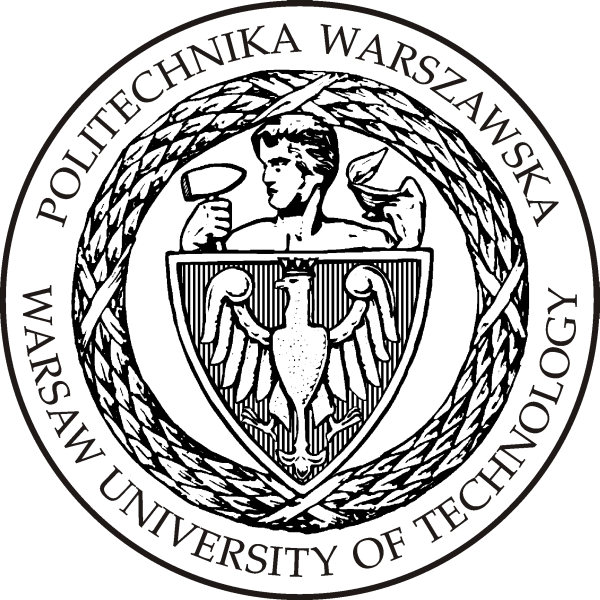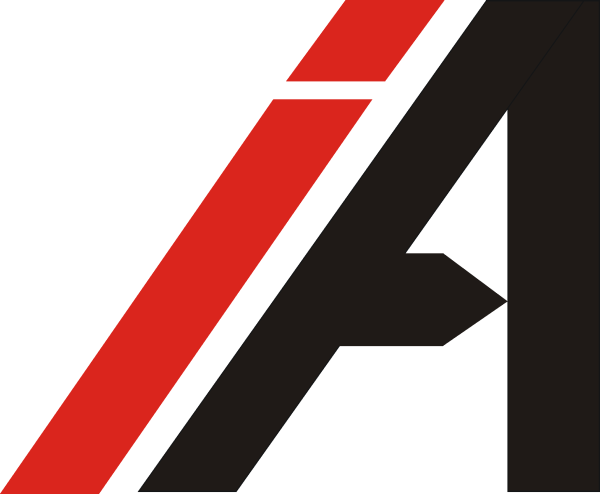B.Sc. studies
Automatic Control and Robotics
The studies prepare for methodical and consistent with good engineering practice design of systems of very broadly understood automatic control and robotics. Particular attention is paid to the possibility of creative application of modern computing algorithms and equipment. Graduates receive preparation in computer science, they learn programming techniques and languages, computer networks and real-time systems, and about electronics, especially digital electronics and microprocessor technology. They have courses in modelling, identification, design and implementation of algorithms, as well as practical knowledge related to automatic control equipment and robotics, programmable logic controllers (PLC), distributed control systems (DCS) as well as supervisory control and data acquisition systems (SCADA).
The aim of the studies is to provide students with both theoretical basics of computer science (basics of information processing, algorithms, system modelling, procedural, object, functional and logical programming) and to acquire knowledge and skills to solve engineering tasks in the field of computer science and its applications. Students learn about the construction and basic software of computer systems, organization of operating and distributed systems, computer networks and information gathering systems, as well as software working in real-time and organization of industrial control systems. The education is aimed at gaining skills necessary to choose methods and tools suitable for tasks and to learn methods of effective teamwork.
Specialisation Software Engineering
Graduates are prepared to develop and maintain secure IT systems. They know the basics of business analysis, are able to identify and document key processes in the organisation, formulate requirements for the system on their basis and develop its design taking into account security aspects. They are able to assess the costs and schedules of project implementation in various business contexts taking into account various quality criteria. They are able to select the methodology of conducting a project in accordance with the requirements related to quality, risk, time of product entry into the market and the customer's conditions. They are able to communicate effectively with the project team and business. They are able to design the architecture of a solution and automate the process of its production and delivery. They are able to plan and conduct comprehensive tests. They are familiar with the methods of organisation and automatic management of the start-up environment. They are able to work in a team, they are able to estimate the complexity of programming tasks, assess the quality of code. They are able to monitor and diagnose systems. They have knowledge and skills concerning inherited code acquisition and reverse engineering techniques.
Specialisation Artificial Intelligence
Artificial intelligence specialisation gives good practical and theoretical preparation in machine learning, analysis of large data sets and discovery of knowledge from data. This includes evaluation, preparation and analysis of data itself, including the choice of models and methods for this purpose. It is important to be well prepared to design and create systems that combine classical and artificial intelligence algorithms in decision support and management, control and Internet Things systems.



